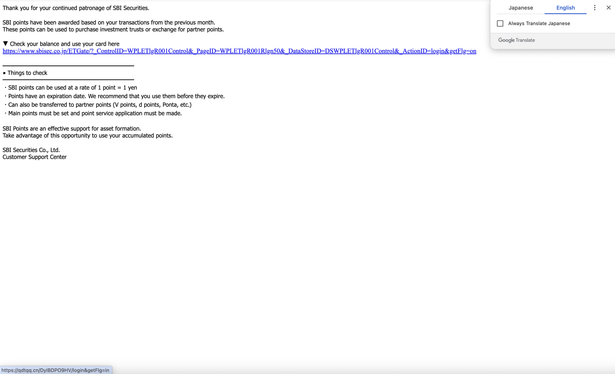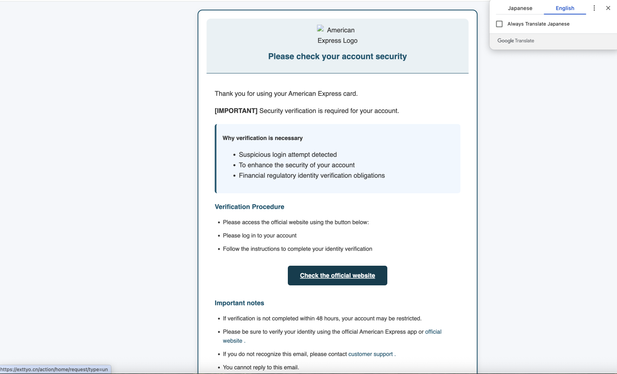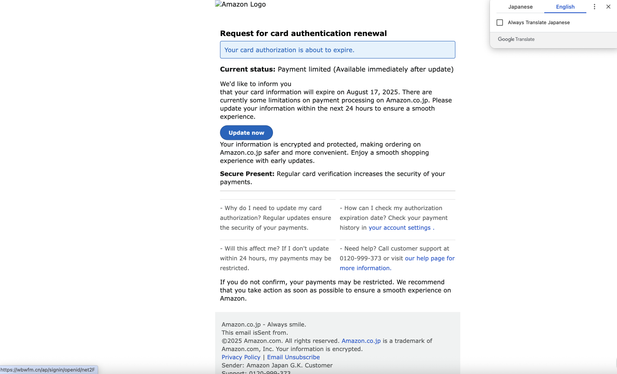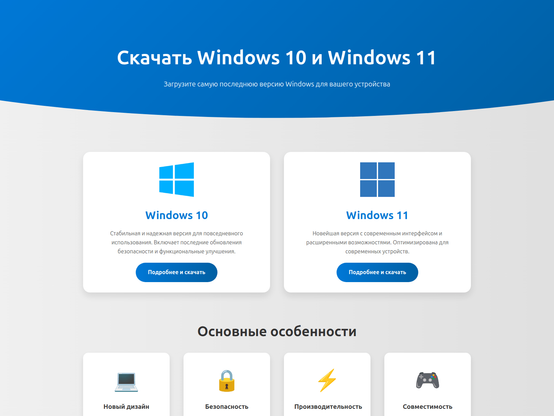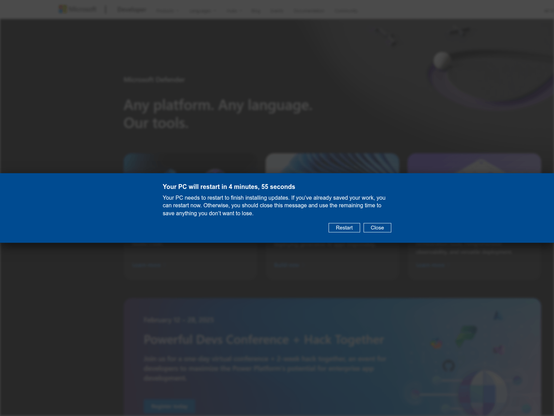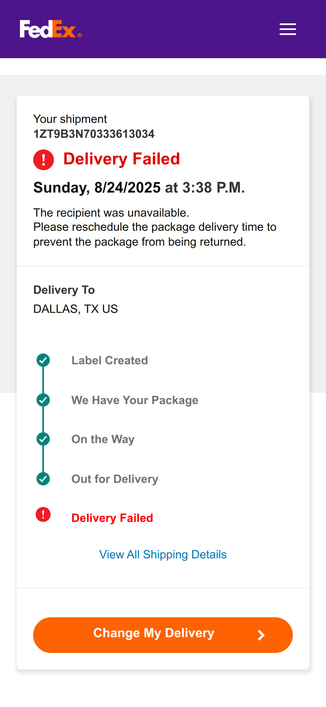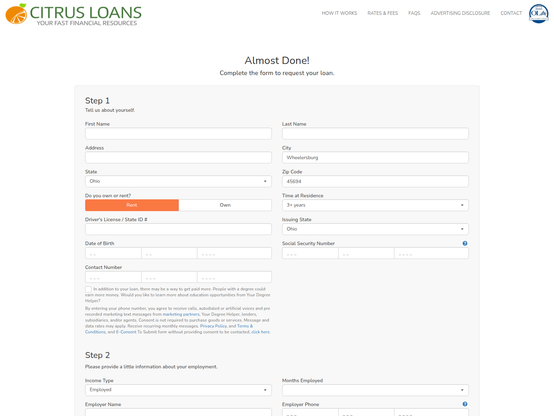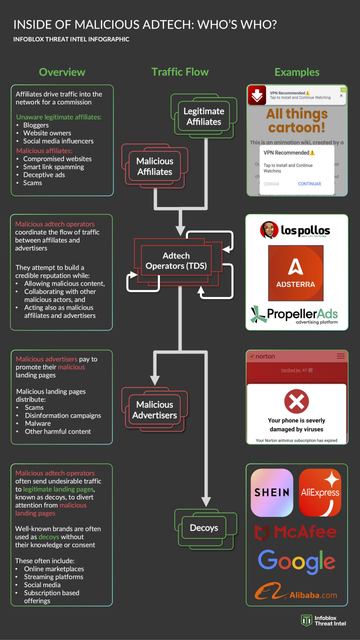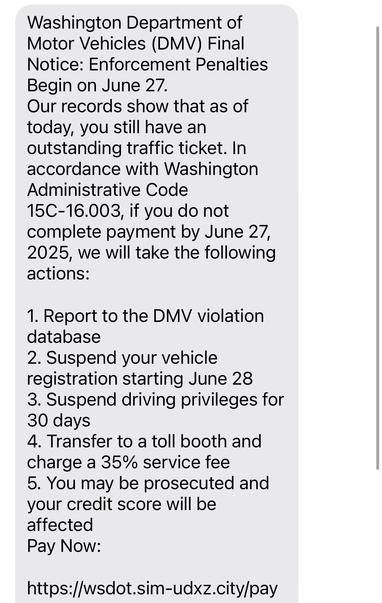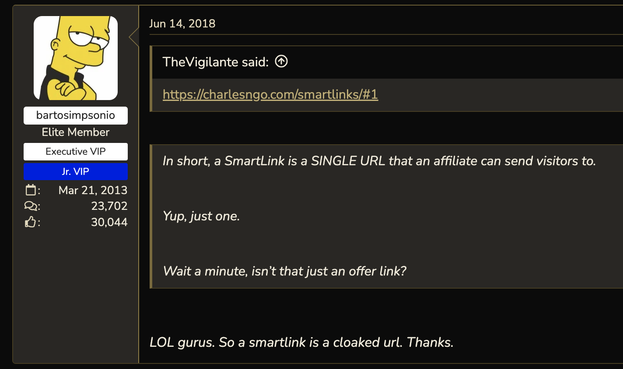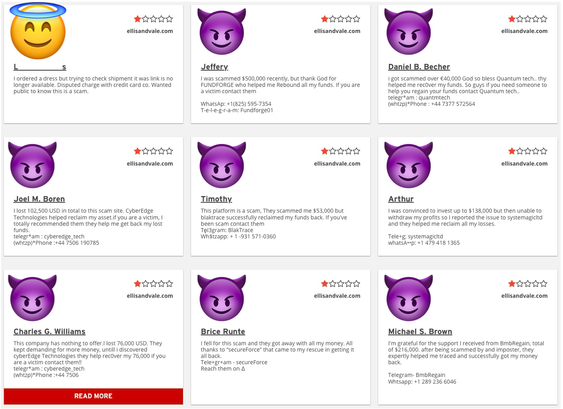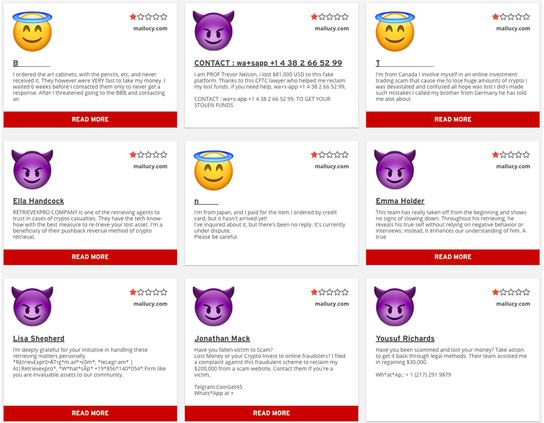When your "privacy browser" comes with a built-in surveillance suite, it's probably not about privacy. Our latest research, in collaboration with UNODC, exposes Vault Viper. You might recognize them as "Baoying Group". They are running one of Asia's largest iGaming networks, BBIN, servicing scam centres and cyber-enabled fraud networks across the region.
At the center is the Universe Browser, promoted as a "privacy" and "anti-censorship" tool for illegal online gambling. In reality, it's a high-risk surveillance and exploitation platform designed to bypass detections, proxy access, and maintain persistent access across what we estimate to be millions of devices.
DNS analysis from Infoblox reveals tens of thousands of domains tied to Vault Viper's vast infrastructure, exposing a unique DNS fingerprint and operational control over their own corner of the internet.
But the story does not end here: BBIN is linked to dozens of commercial ventures - they even had their own airline !
👉 Read the full report here : https://blogs.infoblox.com/threat-intelligence/vault-viper-high-stakes-hidden-threats/
👉 We spoke to Wired to explain how cybercrime evolved : https://www.wired.com/story/universe-browser-malware-gambling-networks/
#CyberThreatIntel #Infoblox #DNS #VaultViper #riskware #Cybercrime #SoutheastAsia #threatintel #threatintelligence #cybersecurity #infosec #infobloxthreatintel #scam #tds #shazhupan #pigbutchering #malware
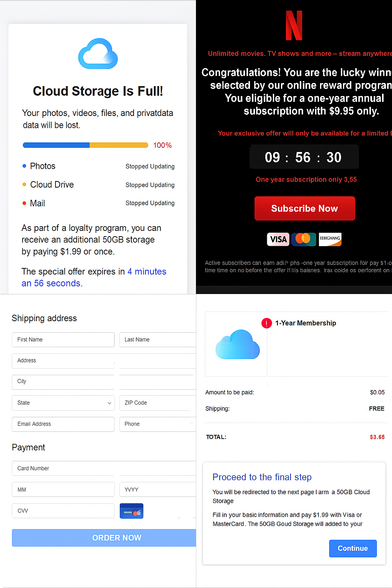
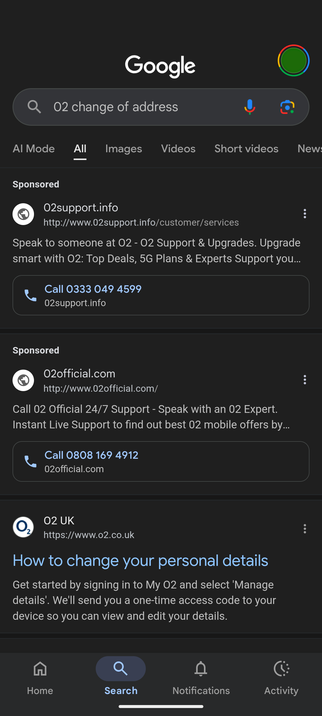


![Screenshot of a Steam profile where the username contains the domain 3pq[.]cc and the profile picture contains epk[.]cc](https://files.mastodon.social/cache/media_attachments/files/115/231/834/574/955/781/small/0b11f97aabb6a12c.png)
